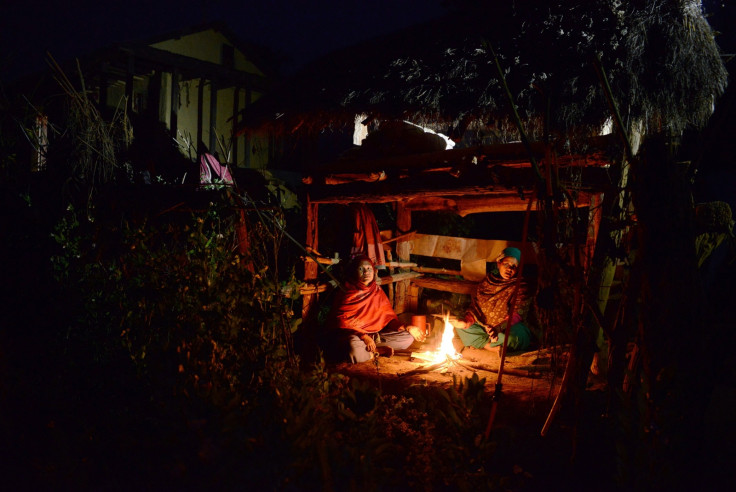Nepali girl, 18, dies of snake bite in 'menstruation hut'
She was bitten by a snake while banished to a shed because she was menstruating.

An 18-year-old girl in Nepal has died because of a wired ancient practice. Tulasi Shahi lost her life on Friday (7 July) in the western Dailekh district after she was bitten by a snake while banished to a shed because she was menstruating, officials said.
"She survived for seven hours after the snake bite but died because medical treatment was delayed," local mayor Surya Bahadur Shahi told AFP news agency on Saturday.
Under an ancient Hindu practice, some Hindus view menstruating women as impure and in parts of Nepal and they are forced to remain in a hut or cowshed for days as part of a practice known as Chhaupadi. This practice has been banned by the government for more than a decade.
Local media reported that the girl's family took her to the village shaman for treatment instead of taking her to a hospital.
Police confirmed the girl's death but did not provide further information on the cause.
What is Chhaupadi?
Chhaupadi is an age-old practice in the western part of Nepal for Hindu women. In this, women are banned from taking part in normal family activities during menstruation and after childbirth and can have no contact with men of the household. Women are considered to be "impure" during the menstruation period.
The belief states that if a menstruating woman touches a tree, it will never again bear fruit and if she consumes milk, the cow will not give any more milk.
The practice was outlawed by the Supreme Court of Nepal in 2005, but the tradition still continues to be there.
In late 2016, two women in separate incidents died while following this practice. One died of smoke inhalation after she lit a fire for warmth while the cause of death of the other woman is unknown.
© Copyright IBTimes 2024. All rights reserved.





